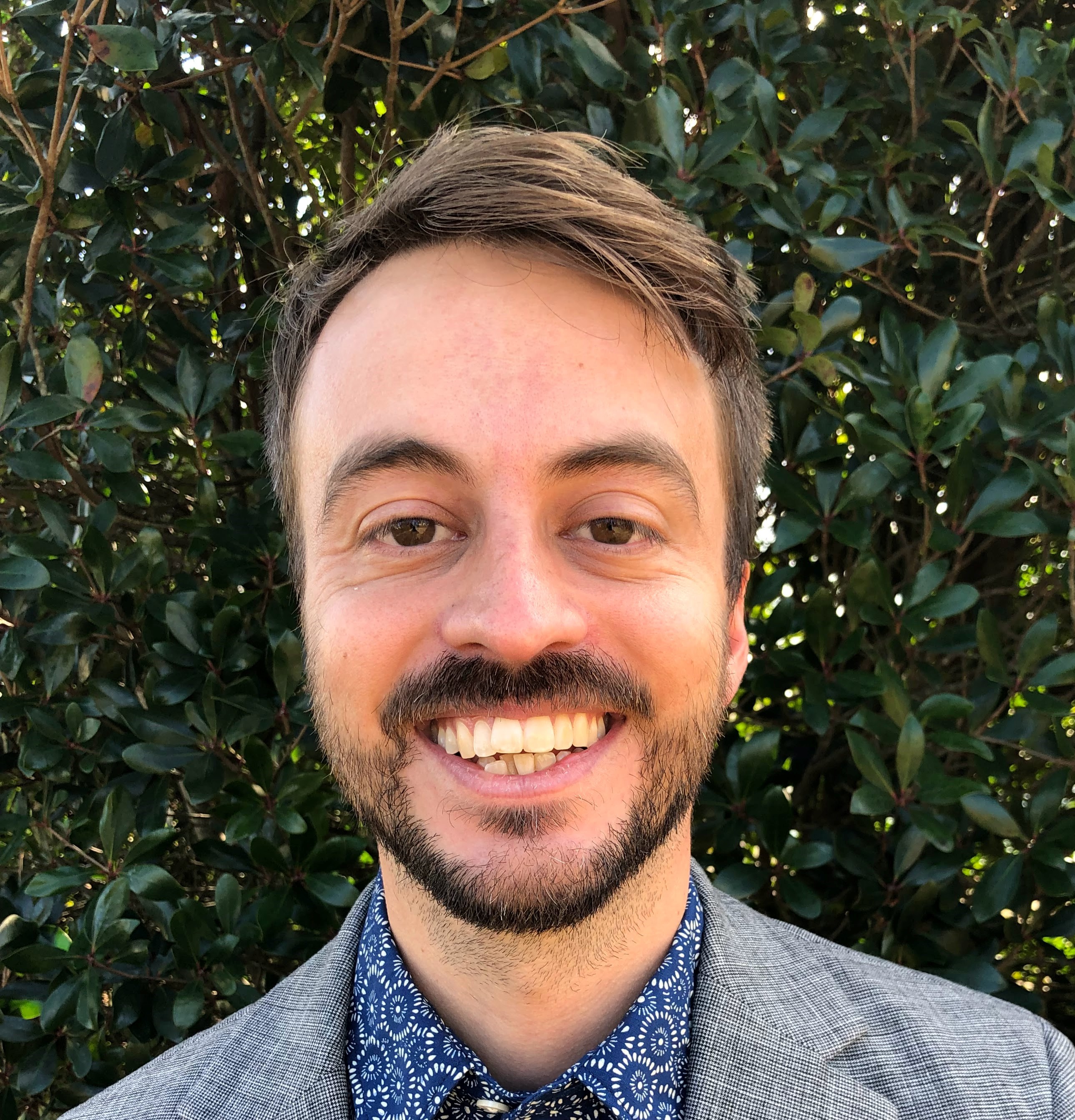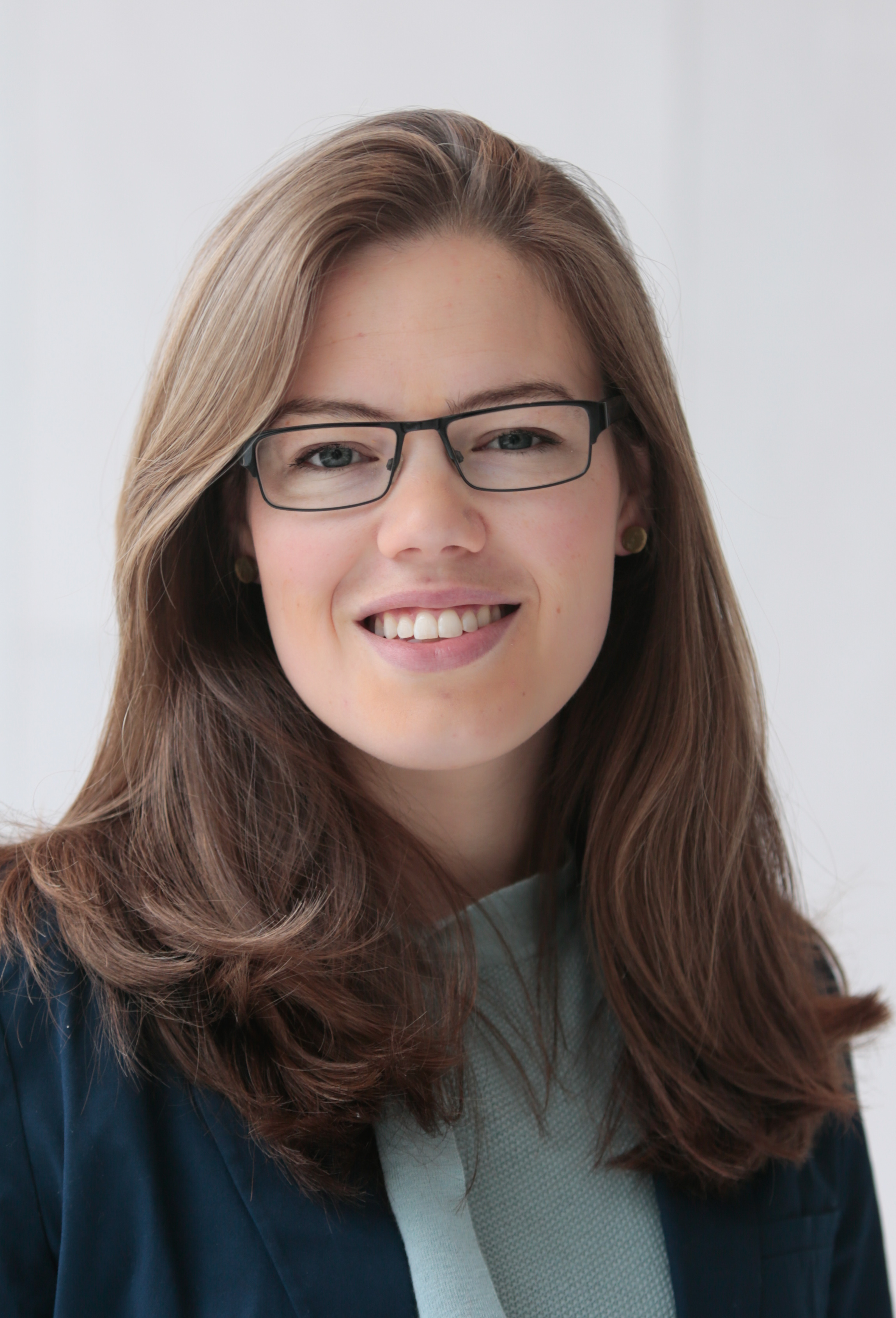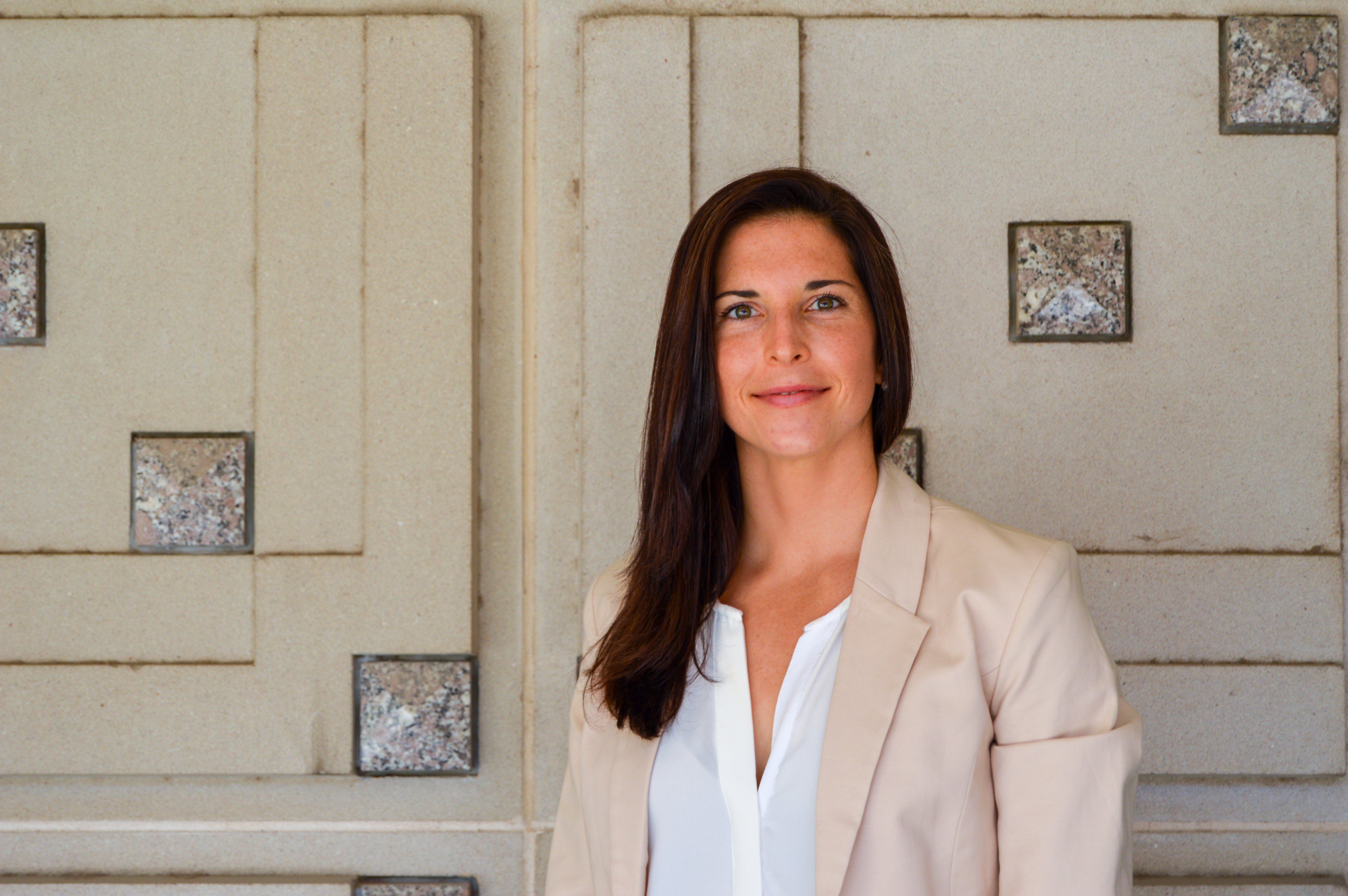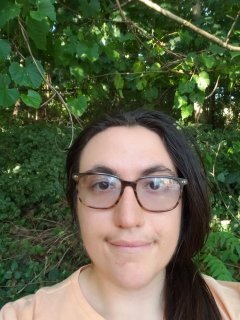.png)
Graduates Apply STEM Prowess to National Security Policy
.png)
Recent graduates in science, technology, engineering, and mathematics (STEM) fields will embed with key decision-makers at the top level of the U.S. government to provide expertise on technology and national security policy issues as part of National Security Innovation Network (NSIN)’s Technology and National Security Fellowship (TNSF).
NSIN TNSF is authorized in the National Defense Authorization Act (NDAA) to increase the number of graduates with STEM credentials in Congressional offices of relevant defense and intelligence committees, the Office of the Secretary of Defense, and the offices of other senior military leaders. Over the yearlong, paid fellowship, the TNSF Fellows will advise decision-makers on critical issues at the policy intersection of national security and technology such as microelectronic supply chains, artificial intelligence, and technology acquisition and training.
“The goal for TNSF Fellows is to build on their technical acumen and experience in continued service to our country,” said Karen Fray, NSIN National Service Portfolio Director. “By engaging with senior policymakers, TNSF Fellows will be empowered to continue their service in the DoD.”
After demonstrating their leadership and expertise in STEM over four rounds of rigorous phone and video interviews with DoD partners, nine out of 61 applicants received offers to join the 2022 TNSF cohort and advise on real-world national security policy.
Since TNSF is a yearlong commitment, mission partners assign fellows to advise some of their broader policy issues that require more time to be addressed by experts with advanced technical degrees in specific subjects. Because of the unique needs of mission partners this year, the 2022 TNSF cohort will be split between Washington, D.C. and Texas to work in laboratories with equipment already in place for research on technologies such as machine learning and pilot training. With access to these laboratory resources, the fellows will advise the DoD and Congress on high-demand national security policy supported by tested results and real-time data.
“The talent and leadership of these fellows speak for their credentials to immediately contribute to the high-stake national security decisions in the DoD and in Congress,” said Nourhan Ibrahim, NSIN TNSF Program Manager. “Their experiences and knowledge from academia and venture communities will bring new ways to strengthen our national security.”
Meet the 2022 TNSF Cohort and Mission Partners
(Not pictured: Chanel Matney, Sarah Woo, and Joshua Wallin)

Name: Jason Kurz
Quote: “The fellowship provides an opportunity for me to apply my skills in service of the greater good. What is more, TNSF is increasing my research network resulting in exposure to new ideas as well as an awareness of ways in which my knowledge can be utilized to tackle currently relevant applied problems for the benefit of others. This occurs while also growing my ability to collaborate with researchers outside of my discipline.”
About Jason Kurz: Kurz received his doctorate in mathematical sciences from Clemson University, where he became interested in tackling theoretical and applied problems in mathematics such as control theory, inverse problems, and deep neural networks. Kurz spends most of his free time with his wife and four kids hiking, swimming, or playing every sort of board game imaginable.
Mission Partner: Air Force Research Laboratory (AFRL). The Air Force Research Laboratory’s Airman Systems Directorate is a key component of the 711th Human Performance Wing. The directorate comprises a diverse group of scientists and engineers studying developing technologies specific to the human element of warfighting capability.
TNSF Projects: Kurz will perform an extensive review of AFRL’s literature regarding implementing deep-learning models to solve partial differential equations (PDEs), with special emphasis on heat and diffusion. Kurz will create and implement a machine-learning model for AFRL’s PDEs. In addition, Kurz will assist and support machine-learning projects and identify a journal or conference to submit the impact of his machine-learning results.

Name: Emma Bates
Quote: “I am passionate about civil service because one of my main personal motivators is to be part of the broader mission of American foreign policy. I applied to TNSF because I think the technical and personal skills I bring to the table will be useful in addressing some of the challenges and disconnects we see in acquisition and industrial policy.”
About Emma Bates: Bates spent three years at the Center for Strategic and International Studies (CSIS) and in the emerging tech sector focused on the strategic interactions of technology, economic policy, and information. Bates lived three years in Latin America before receiving a master’s with honors in international economics and American foreign policy at Johns Hopkins University’s School of Advanced International Studies. Bates speaks Spanish, French, and some Arabic; and enjoys Cuban salsa dancing, botanical water coloring, and gardening while listening to science and history podcasts.
Mission Partner: Army Applications Laboratory (AAL). AAL, in collaboration with Army Warfighters and senior force modernization leadership, identifies the emerging autonomy and/or robotics technologies with the most significance for Army modernization.
TNSF Projects: Bates will build out a map of acquisition funds and identify the acquisition authorities across the DoD. She will analyze if additional acquisition authorities are needed for funds or if AAL should leverage existing sources. In addition, Bates will create policy documents to present to DoD senior leadership who visit the laboratory.

Name: Kaci Madden
Quote: “My civil service aspirations stem from a desire to have a meaningful impact on the advancement of science and technology beyond the academic research setting. The TNSF presents a unique opportunity to learn more about science policy, the ongoing interests of the U.S. Department of Defense, and how technical innovation can help advance national security efforts. As a fellow, I hope to become more knowledgeable about the research funded by the Army Research Laboratory…”
About Kaci Madden: Madden is pursuing her doctorate in mechanical engineering at the University of Texas at Austin. Her research focuses on developing a quantitative metric for monitoring fatigue-induced changes in human performance. She was also a National Aeronautics and Space Administration (NASA) Space Technology Fellow. Madden played D1 softball at Rutgers University while studying biomedical engineering. She has also recently adopted a rescue puppy named Max.
Mission Partner: The Army Research Laboratory (ARL), South. Located at the University of Texas of Austin, ARL, South creates a physical presence in the region while enhancing ARL’s growing global science and technology ecosystem.
TNSF Projects: Madden will analyze, plan, and create STEM curriculum and events for ARL faculty. She will manage the execution of ARL courses and analyze course strengths and weaknesses for opportunities to innovate ARL education. In addition, Madden will lead communications strategy, operations, and logistics for networking events.

Name: Hamna Khan
Quote: “As a technologist, I’m passionate about civil service because it allows me to be a part of something much bigger than myself. The work that I get to do will impact how we save the lives of people in distress.”
About Hamna Khan: After graduation, Khan accepted an opportunity in the engineering rotational program at Northrop Grumman. She worked on various power design projects for airborne telecommunication systems and space solar array hardware. Khan graduated from University of California San Diego’s Warren College with a bachelor’s in electrical engineering with an emphasis in power systems. Khan’s favorite fiction series is Douglas Adams’ “The Hitchhiker’s Guide to the Galaxy.”
Mission Partner: The Joint Personnel Recovery Agency (JPRA). The Joint Personnel Recovery Agency (JPRA) is designated as the DoD’s office of primary responsibility for DoD-wide personnel recovery matters, including combat search and rescue and survival, evasion, resistance, and escape (SERE), as well as providing specialized training to high-risk personnel, such as pilots and special-operators.
TNSF Projects: Khan will conduct a DoD and inter-agency stakeholder survey on integrating a new distress-reporting-beacon technology. Khan will analyze and recommend personnel, regulations, and policies that govern distress reporting devices to operate within the Search and Rescue Satellite Aided Tracking (SARSAT) System to integrate the new technology. In addition to survey scope and analysis, Khan will create an official DoD report and brief senior DoD leadership on his findings.
.jpg)
Name: Gabrielle Ledoux
Quote: “I applied for TNSF to explore the unique and effective ways that nuclear engineers can support government policy initiatives. I am dedicated to translating my technical knowledge into readily understandable information for all decision policy stakeholders.”
About Gabrielle Ledoux: Since graduation, Ledoux has worked as an intelligence analyst at the Defense Intelligence Agency and the Depository Trust and Clearing Corporation, covering a wide range of intelligence issues, including nuclear counterproliferation, cybersecurity issues, and threats to global market continuity. Ledoux graduated with a bachelor’s in nuclear science and engineering from the Massachusetts Institute of Technology (MIT). While at MIT, Ledoux held a summer internship in nuclear forensics through the Department of Homeland Security and a research internship through the Harvard Kennedy School’s Managing the Atom program. In her free time, Ledoux enjoys ballet classes, which she first started at three-years-old.
Mission Partner: Office of the Deputy Assistant Secretary of Defense for Nuclear Matters. The Office of the Deputy Assistant Secretary of Defense for Nuclear Matters co-chairs the Strategic Radiation Hardened Electronics Council (SRHEC) which is charged with managing strategies and investments related to radiation hardened (RH) and strategic radiation hardened (SRH) microelectronics to ensure access for the Department’s acquisition programs.
TNSF Projects: Ledoux will analyze reports from groups monitoring the defense industrial base and provide bi-weekly summaries of commercial and military microelectronic markets to discover opportunities to make doing business with the DoD easier, safer, and better. Ledoux will create case studies, interview key military and military-partner stakeholders in microelectronics, and brief senior DoD leadership on her findings. In addition, Ledoux will analyze and report on the risks and liabilities of microelectronic supply chains for the DoD when sourcing raw materials from international third-party suppliers.

Name: Bianca Swidler
Quote: “The last number of years have shown just how much of a critical time in history we are living. If there is anywhere that people can effectuate positive change with what they know, it’s in civil service… Our work leverages a broad span of scientific knowledge to rethink and redesign a 21st-century caliber education that will prepare our AF students for the global stage. Between the fellowship community, my host office, and my mission partner, I’m in the company of and look forward to working with fabulous people of scholarship and service.”
About Bianca Swidler: Swidler brings a perspective on education development through curating and implementing Individual Education Plans for autism. Her academic research includes condensed matter, astrophysics, biophysics, and quantum field theory. She holds a bachelor’s degree in physics.
Mission Partner: Air Education and Training Command (AETC). Air Education and Training Command (AETC) develops young men and women, who have volunteered to serve their country in a time of war, into Airmen. AETC provides technical and flying training for Airmen at more than 600 installations and teaches students core values of integrity, service before self, and excellence in all they do
TNSF Projects: Swidler will serve as a senior-level leader on AETC decisions to achieve command priorities by researching and integrating information on complex issues facing AETC. In addition, Swidler will participate in Major Command (MAJCOM), Air Force, and Joint Service formal information exchange sessions.
NSIN TNSF provides technical expertise and insight to top-level policymakers at the Department of Defense (DoD) and Congress. Fellows placed in Congressional offices will serve with members or committee staff for one of the four defense and two intelligence committees of jurisdiction across both chambers of Congress. Fellows assigned to the Pentagon will be placed in the offices of presidentially appointed, Senate-confirmed officials in the Office of the Secretary of Defense, or other senior defense officials within the military services. Final placement of each fellow will be determined based on their unique skill sets and the office needs.
Learn more about the NSIN TNSF.
About NSIN
The National Security Innovation Network is a program of the U.S. Department of Defense that collaborates with major universities and the venture community to develop solutions that drive national security innovation. We operate three portfolios of programs and services: National Service, Collaboration, and Acceleration. Together, these portfolios form a pipeline of activities and solutions that accelerate the pace of defense innovation.